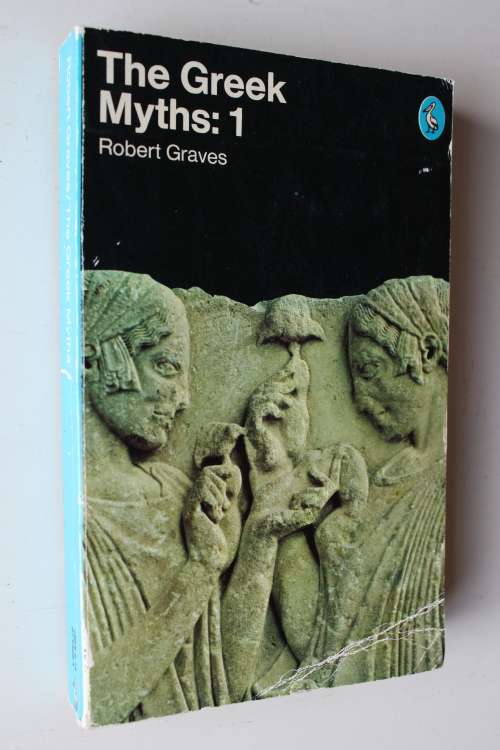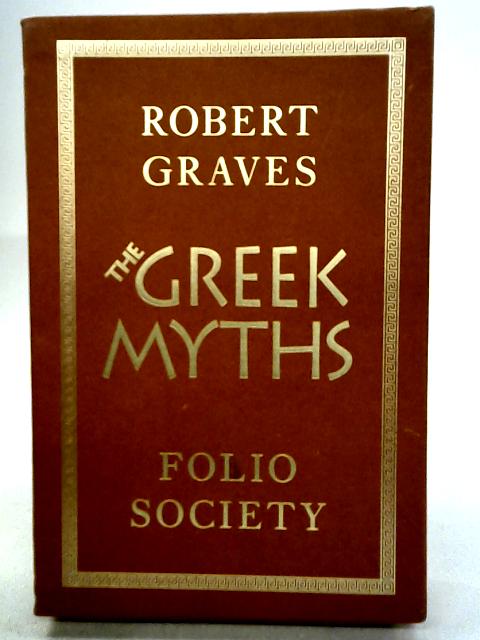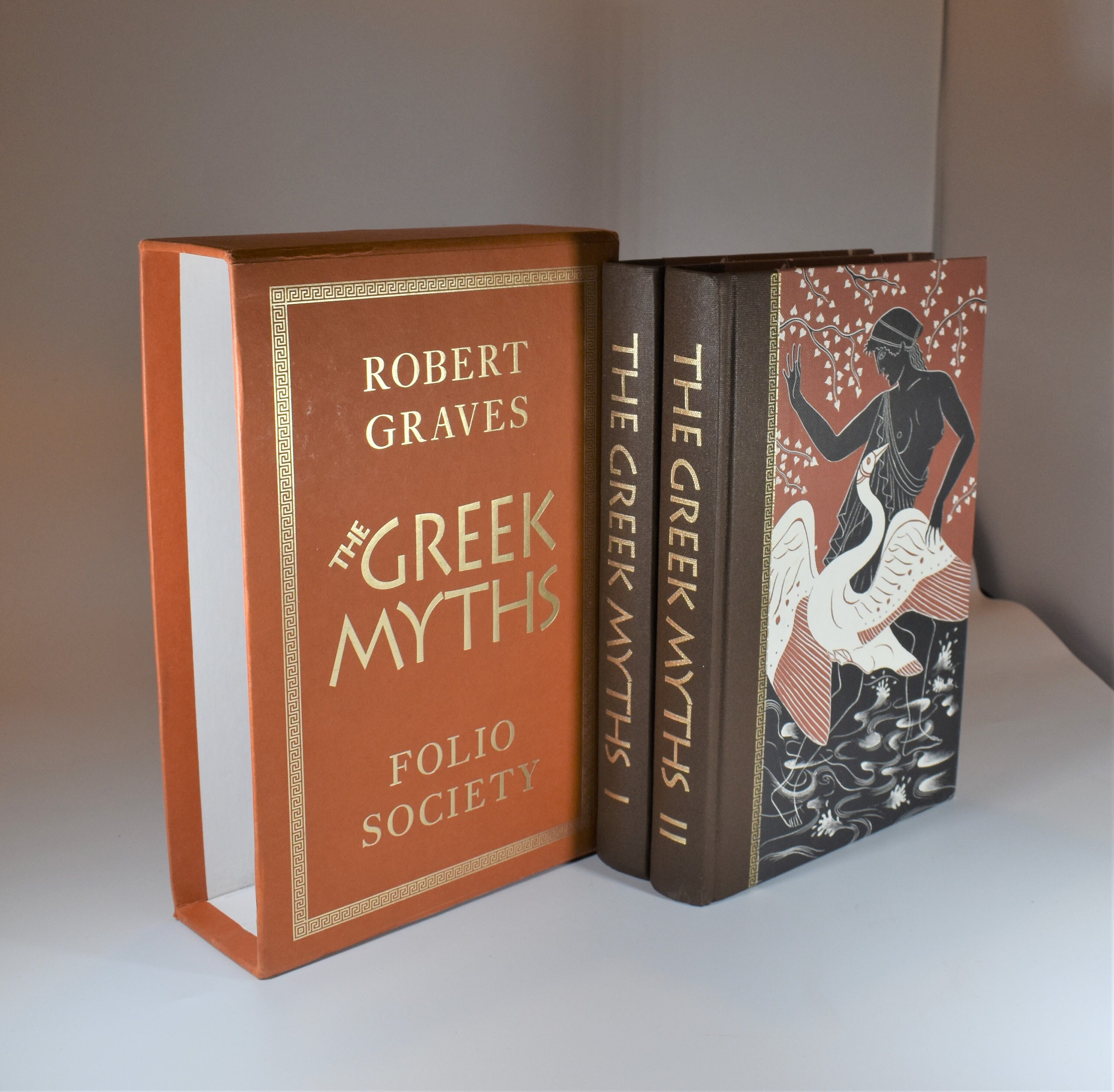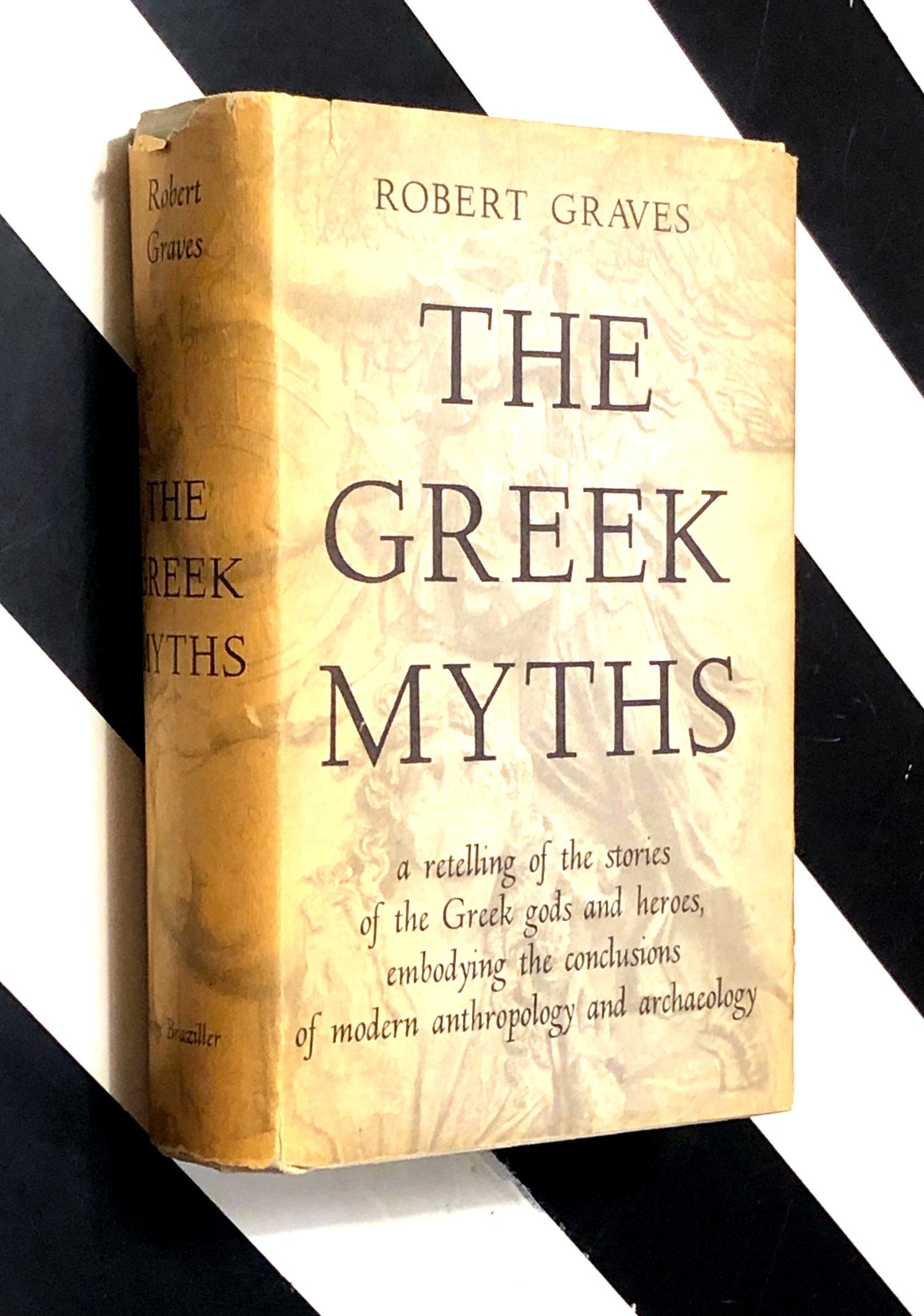

In 1926 he took up a post at Cairo University, accompanied by his wife, their children and the poet Laura Riding. He later attempted to make a living by running a small shop, but the business failed. Owen attended Graves's wedding to Nancy Nicholson in 1918, presenting him with, as Graves recalled, "a set of 12 Apostle spoons".įollowing his marriage and the end of the war, Graves belatedly took up his place at St John's College, Oxford. Through Sassoon, he also became friends with Wilfred Owen, whose talent he recognised. The intensity of their early relationship is nowhere demonstrated more clearly than in Graves's collection Fairies & Fusiliers (1917), which contains a plethora of poems celebrating their friendship. It is fictionalised in Pat Barker's novel Regeneration. Graves also suffered from shell shock, or neurasthenia as it is sometimes called, although he was never hospitalised for it.īiographers document the story well.

Graves, who feared Sassoon could face a court martial, intervened with the military authorities and persuaded them that he was suffering from shell shock, and to treat him accordingly. In 1917 Sassoon tried to rebel against the war by making a public anti-war statement. One of Graves's closest friends at this time was the poet Siegfried Sassoon, who was also an officer in the RWF. Apart from a brief spell back in France, he spent the rest of the war in England.

At the Battle of the Somme he was so badly wounded by a shell-fragment through the lung that he was expected to die, and indeed was officially reported as 'died of wounds'. In later years he omitted war poems from his collections, on the grounds that they were too obviously "part of the war poetry boom". He developed an early reputation as a war poet and was one of the first to write realistic poems about his experience of front line conflict.

He published his first volume of poems, Over the Brazier, in 1916. Johnstone, a boy of fourteen ("Dick" in Goodbye to All That) When challenged by the headmaster he defended himself by citing Plato, Greek poets, Michelangelo & Shakespeare, "who had felt as I did".Īt the outbreak of WWI, Graves enlisted almost immediately, taking a commission in the Royal Welch Fusiliers. While at Charterhouse in 1912, he fell in love with G.H. Robert von Ranke Graves (1895-1985), born in Wimbledon, received his early education at King's College School and Copthorne Prep School, Wimbledon & Charterhouse School and won a scholarship to St John's College, Oxford.


 0 kommentar(er)
0 kommentar(er)
